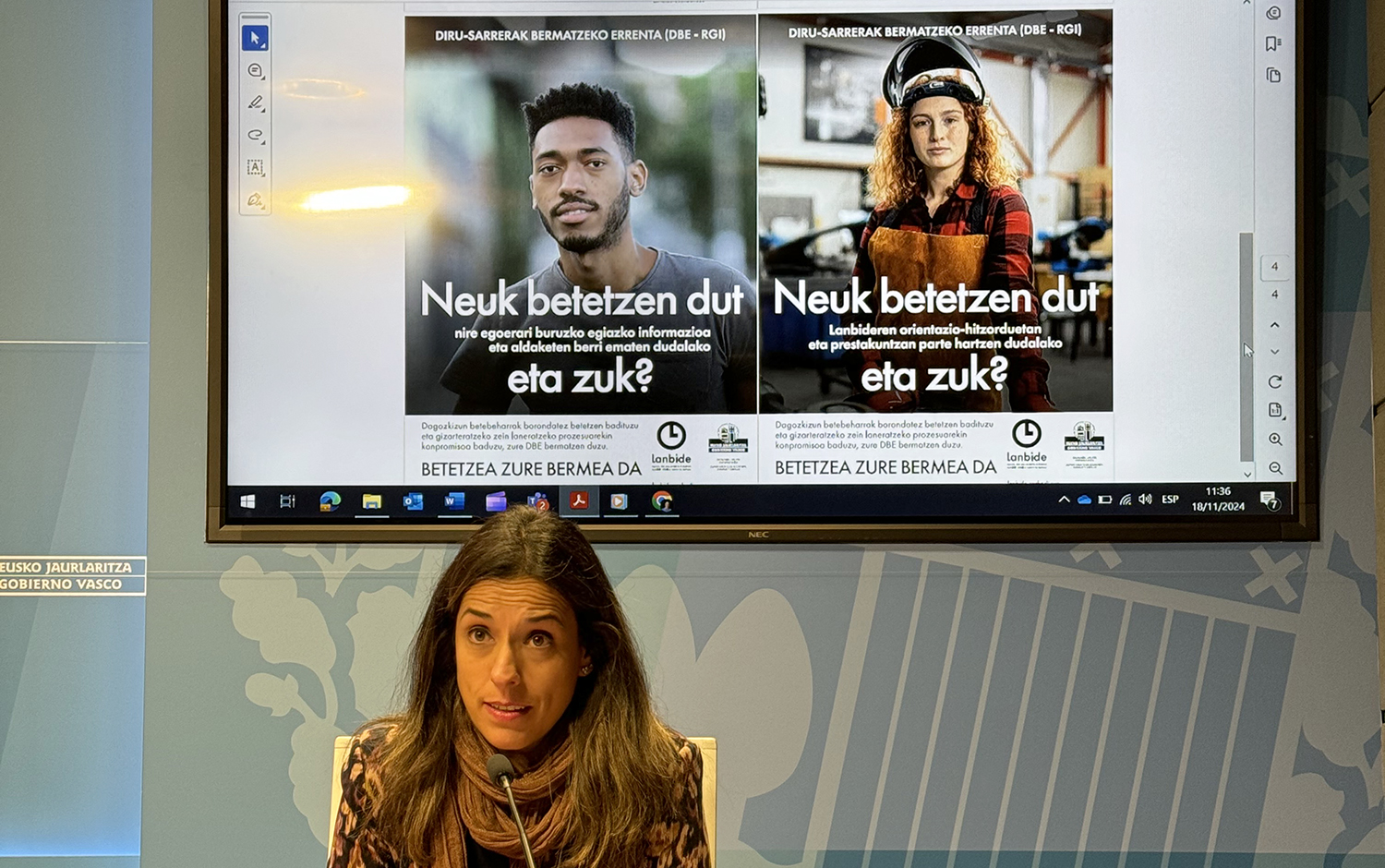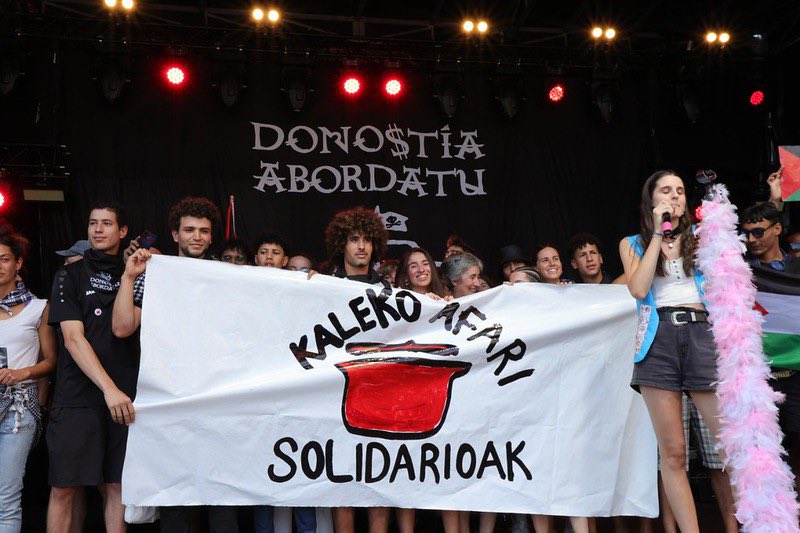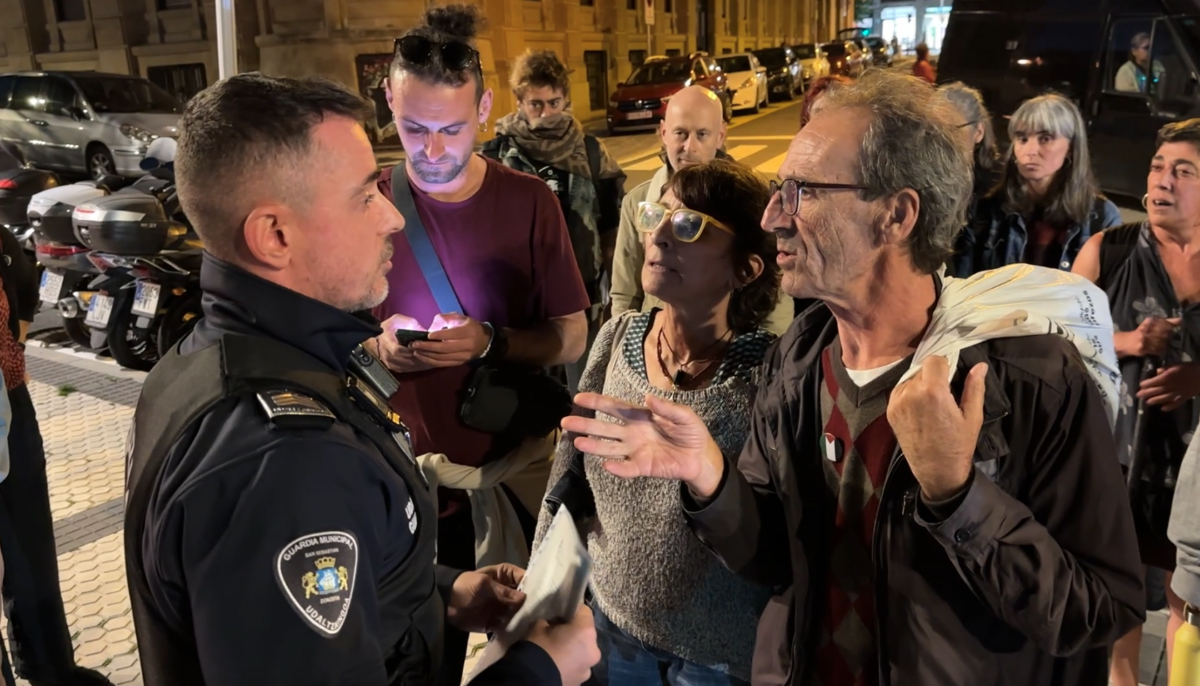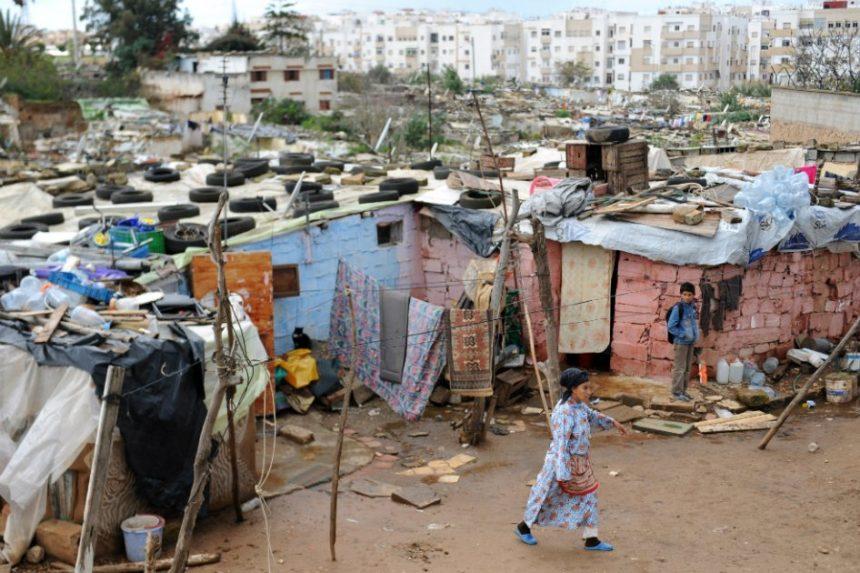"Most people have no idea the reality of those who have social support."
- The philosopher Olivier Ducharme looks at the distribution of social assistance. The welfare state was close to being a right in a near time, but it has come to be a compensation you receive in exchange for force. The philosopher advises us to make the first revolution in our minds: to reduce the importance and social value we dedicate to wage work.

We have a great tolerance towards poverty. How?
We are in a society where paid work is a privilege, where the ethics of work is among the most important moral standards. We hear frequently: "If you want to get out of poverty, you just have to work."
Looking at the poor, not so much. Sloths, takers... Where does that negative image come from?
I would like to know how to answer that question, but I do not know. We have it in mind since 1969, that is, since the beginning of social aid in Quebec and it was there before. We have shared biases from generation to generation. Much work remains to be done, as the vast majority still have no idea of the reality of the supported people.
Why this contempt?
Because we believe that they benefit from social assistance on a voluntary and loose basis. Because we believe that they don't really want work and that they don't want to be integrated into society. Because we believe that workers choose subsidized existence. Of course, they are prejudices, rooted from generation to generation and extended in the spirits of many.
How do you change that image?
I think we should get it out of the salaried system, so let us finally put an end to the belief that the only job that deserves respect is the employee. It is clear that we do not have this exit tomorrow morning.
What would the new organization look like?
It is not a question of taking away all wage work, but of questioning the belief that wage work is at the basis of social legitimacy. What would that look like? Nobody knows. We are all the result of this wage system, we have been educated to participate in the labour market. But it is clear that we will have to get out of capitalist production and consumption to develop a lifestyle based on ecology and respect for nature. This change is as radical as it is necessary.
.jpg)
The point is that escorts also have this pessimistic view.
As they do, progress is made in poverty and in poor living conditions. In addition, the looks of others and the media have to bear the weight of the images.
The social support system is changing.
The day after the Second World War, with the development of the welfare state, they developed an aid model based on people's needs, called welfare. It involved the right to social assistance, as the only criterion the welfare of the citizens. However, with the development of neoconservatism, at the end of the 1970s another aid system appeared. State aid involves the work and training of assistants, they are required to be compensated in exchange for the aid.
We can say it's a meritocracy.
The roots of meritocracy lie in a very old tradition. In the New Testament, in Paul's famous phrase: - If you don't want to work, don't eat! ". This saying has been taken over and over the centuries, with different meanings but retaining the value of the moral rule. This moral rule is based on respect for paid work. We can return it this way: if you do not participate in the enrichment of society through work, that you do not take advantage of public money.
We doubt the right to social assistance. How can we avoid this?
Knowledge. Citizens and elected officials must be constantly informed of the consequences of poverty for the population as a whole. It's a daily job. The cutbacks show us that ignorance and prejudices about people receiving social aid prevail both in government and in most.
Neoliberalism dreams of putting an end to all these instruments of solidarity.
The welfare state has been stuck for several decades. Both in Quebec and in all villages, services to the population are reduced or privatized. Unfortunately, today we are not in demand for better rights, we are defending those rights.
What about universal basic income?
In the current context, universal basic income is necessary to guarantee the right of everyone to live honestly. Social assistance does not guarantee us that. If necessary, it would not solve all the problems. We should be linked to the ethics of work, because we can only guarantee respect and legitimacy on the part of society. Without that, what is not at work would be formally signalized again, because it would be seen as a value that brings nothing to the community. It is therefore necessary, but it is not enough.
INFORMING ME “I finished the PhD in Philosophy and the postdoctoral and had difficulty finding a job. After spending the money saved, I had to ask for social help. Kurios, I began to be interested in the history, fundamentals and functioning of these programs. I soon realized that I had little written about it. The Objectif employment programme, which obliges aid applicants to recycle professionally, was also on the Quebec scene. From there came this book.”
Wikipedian bilatu dut hitza, eta honela ulertu dut irakurritakoa: errealitatea arrazionalizatzeko metodologia da burokrazia, errealitatea ulergarriago egingo duten kontzeptuetara murrizteko bidean. Errealitatea bera ulertzeko eta kontrolatzeko helburua du, beraz.
Munduko... [+]
Gasteizko Errotako (Koroatze) auzoan izan diren manifestazio "anonimoek" kolokan jarri dute auzokoen arteko elkarbizitza. Azalera atera dituzte ere hauetan parte hartu duten partidu politiko batzuen eta beste kide batzuen izaera faxista eta arrazista.
In this frenetic and vertiginous world in which we live, the social changes that take place little by little seem to us to be sometimes imperceptible, irrelevant or insignificant. That is not the case, however, and we have to be aware of it in order to act wisely. An example of... [+]









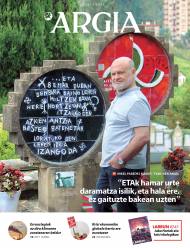


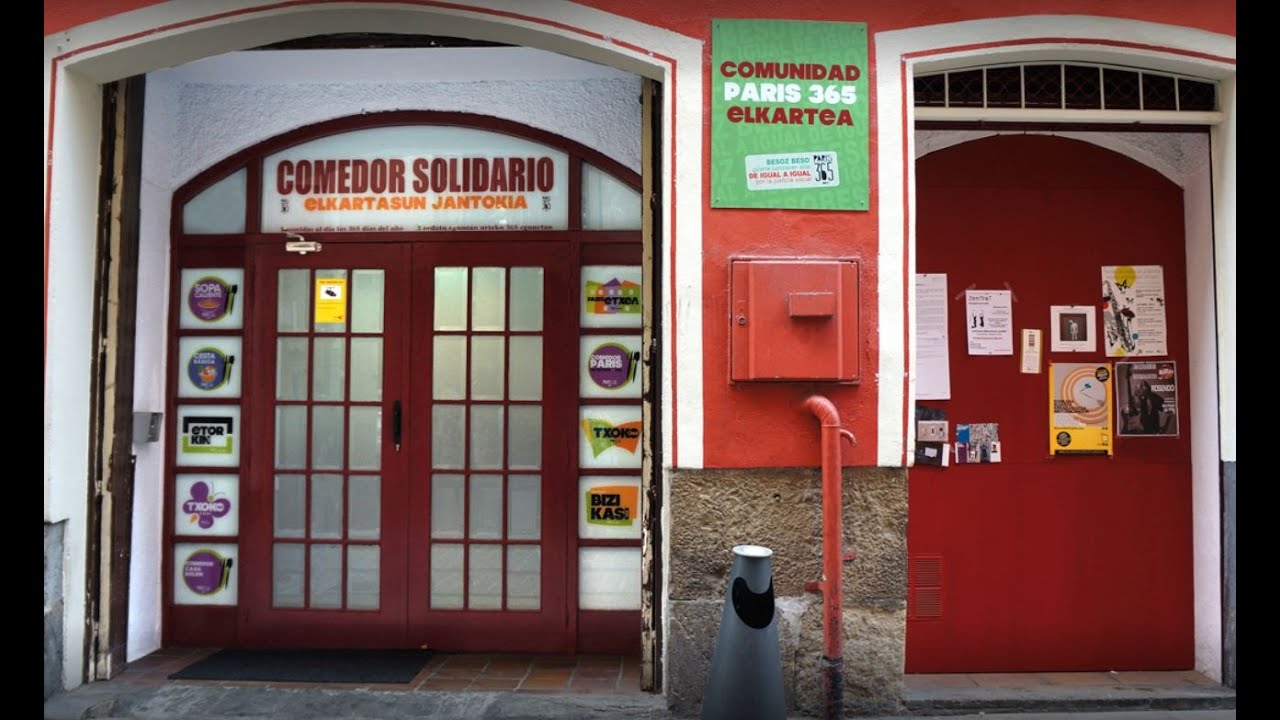

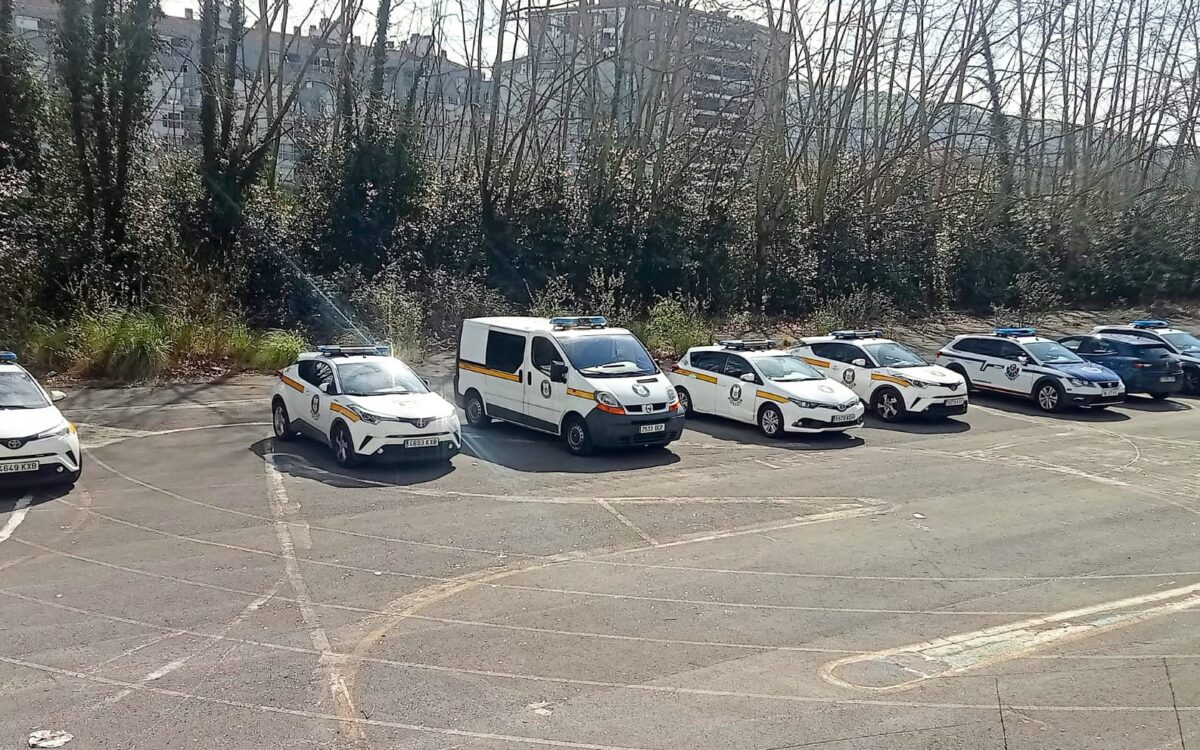

.jpeg)
